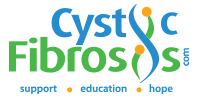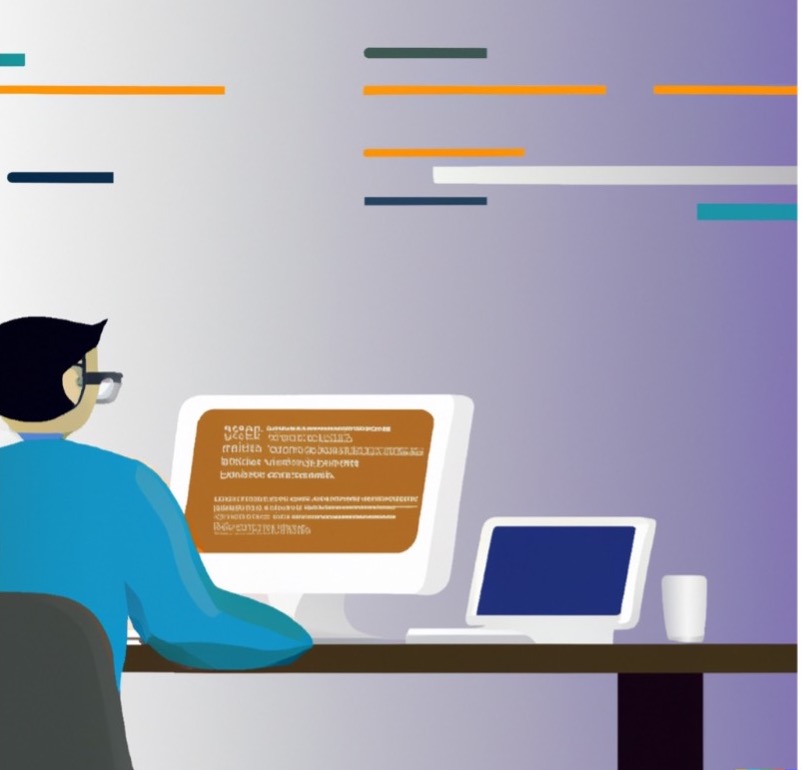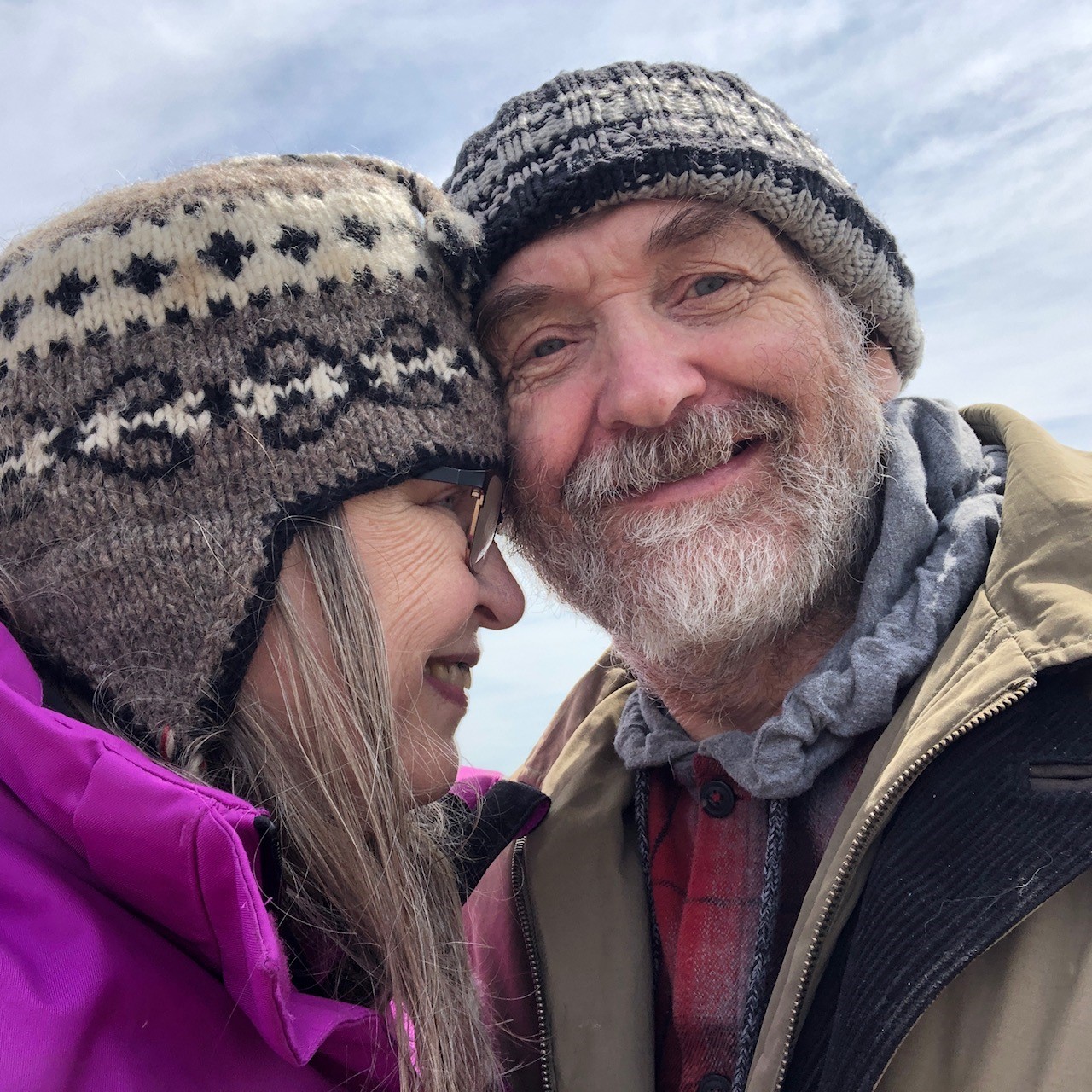Reflexology for Cystic Fibrosis
Where My Interest in Reflexology Stemmed From
As I have mentioned in previous blog posts, it was only at the age of 27 through oncology recovery, that I first started experimenting with complementary therapies. Once I tried them I became hooked! Nothing had ever helped me so much with my debilitating side effects from my CF medications etc. up until this point. And this is why I became qualified as a Reflexologist. I knew that people within the CF community and wider, needed to become aware of the benefits of these therapies as soon as possible because I know if I had been aware of them sooner myself, I would have incorporated them into my CF treatment plan years ago!
I attended my first session of Reflexology in 2019 and I can still remember it so clearly. I was calmly welcomed into the practitioner’s studio. It was full of beautiful coloured crystals and the waiting room smelled of my favourite scent, lavender.
The Reflexologist ran through some of my medical history, focusing on what my main ailments were at that time which were digestive issues, anxiety, poor sleep, and respiratory issues. I then lay on the therapy bed while she played some relaxing music.
She washed my feet with a warm damp towel and placed a foil blanket over me for heat before starting the treatment. She then began to slowly caress and ‘welcome’ my feet before she started working on them. I could feel the tension leave my body from her very first soft, calming touch. Throughout the treatment, she could tell different things about my body by reading my feet and all of her findings were astonishingly accurate!
That night when I got home I was thirsty and drowsy. I drank several glasses of water and slept for a full undisturbed 12 hours! I woke up the next morning feeling very refreshed and somewhat less anxious. However, as the week went on my old ailments returned and I couldn’t wait to get back for another session.
That was 2 years ago and not much has changed. Except maybe for the fact that my love and interest in Reflexology grew so much that I have completed a Diploma in it so that I too can help others with ailments with this gentle non-invasive treatment.

So How Does It Work?
In short, Reflexology involves applying a steady, even amount of pressure to certain reflexes in the feet.
These reflexes are quite precise, making it much more than its common misconception of a foot massage. The practitioner stimulates these reflex points to remove any imbalances/blockages that they can feel in the area. These blockages can feel like tiny crunchy stones which the therapist may refer to as ‘crystals’. The Reflexologist will break these crystals down by using different techniques. These blockages will identify an imbalance in the corresponding body part, e.g. if you have crystals in the ball of your feet, this shows that you have imbalances or blockages to the chi (energy) in your lungs or heart area. When these crystals are broken down, toxins are released and blood flow, nutrients, and oxygen to the area will increase. The feelings of fatigue and thirst we experience after a reflexology session are similar to how we may feel after an intense massage because of the release of toxins. It is therefore really important to rest and drink plenty of fluids after a Reflexology session. Avoiding caffeine and alcohol is important too.
The treatment also stimulates the parasympathetic nervous system (our rest and digest state, the opposite of our fight or flight state). This signals to our body that we are safe and it is now okay to relax. It also encourages homeostasis and inner healing. Homeostasis is a state in which all of our body’s systems work together as one machine. Our body does the majority of its healing when it is relaxed and in this state. -This is why sleep is so important when people are unwell. We can see and feel the difference in our mind and body when we are well rested from a good night’s sleep, versus when we are not.- This is similar to how we feel after a reflexology session, only much more amplified than one night’s restful sleep.
Specifically, Reflexology has helped me with the following CF-related issues;
- Incontinence
- Production of mucus
- Bowel blockages
- Dry cough
- Chesty cough
- Headaches
- Stiff muscles
- Shortness of breath
- Fatigue
- Sleepless nights
- Constipation
- Hemoptysis (coughing up blood)
- Sinus issues
- Irregular periods
- Stress
- Anxiety
- Low moods
Through being both a Reflexology student, client, and now practitioner, I have learned of the powerful connection between our minds and bodies and how we can work on keeping the two in balance. In order for our bodies to work effectively and provide us with the best health and functionality, everything must work together as one. When I envision my body being in a state of homeostasis, I see and feel myself being grounded, light and bright, calm and at one with myself, and above all, having optimum health.
I wish this for all of you too, so why not give it a try?
– Written by Aoife P. R.



